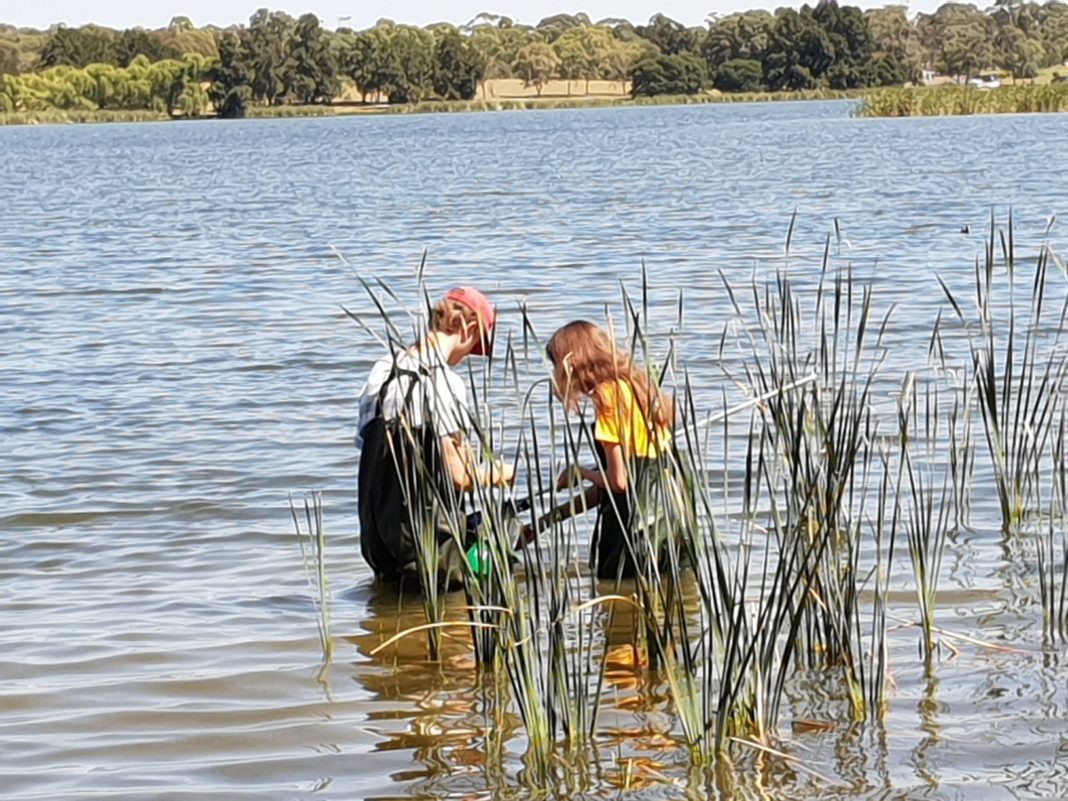The University of Canberra (UC) will host a virtual public event later this month, focused on future-proofing Australia’s water use.
‘H2O Hack’ is the first event of a cross-institutional collaboration between innovation leaders at UC, The Australian National University (ANU), Commonwealth Science and Industrial Research Organisation (CSIRO) and the Commonwealth Government.
The event, running on 11-19 June, invites a diverse group to challenge one another on creating new water solutions for the country after 2019 was the driest year on record.
Director of UC’s Centre for Applied Water Science (CAWS), Professor Ross Thompson, said ‘H2O Hack’ would be an opportunity to discover innovative ways to address the country’s water issues.
“There is a whole range of challenges to do with water but at the heart of it is how do we get more agricultural productivity out of the water that we have, while reducing our environmental impact,” he said.
“That’s the question we are posing at the event and we are leaving that pretty broad because we want a broad range of ideas.
“We are looking for niche spaces between the environmental problems and agricultural usage.”
The event will result in 10 to 15 pitches to a set of judges and investors who may be interested in the projects.
Dr Thompson said it was important to address these issues now.
“In parts of the country, we are in the midst of one of the most intense droughts on record,” he said.
“Though the millennium drought was longer, this one was intense, and it came on quickly. It pressed significant challenges on people and the environment.
“It is timely now while we have some rain and a bit of a break that we look at how to future-proof the use of our water.”
The hackathon had originally been planned to be held face-to-face in Canberra, however organisers decided to move it to a virtual event due to the COVID-19 pandemic.
The event will mark the beginning of the Canberra-based collaboration.
“Ultimately, we are trying to create Canberra as a knowledgeable hub of all things water,” Professor Thompson said.
“We have a unique range of organisations all being physically located together which gives us a unique opportunity to get people talking about these issues.”



